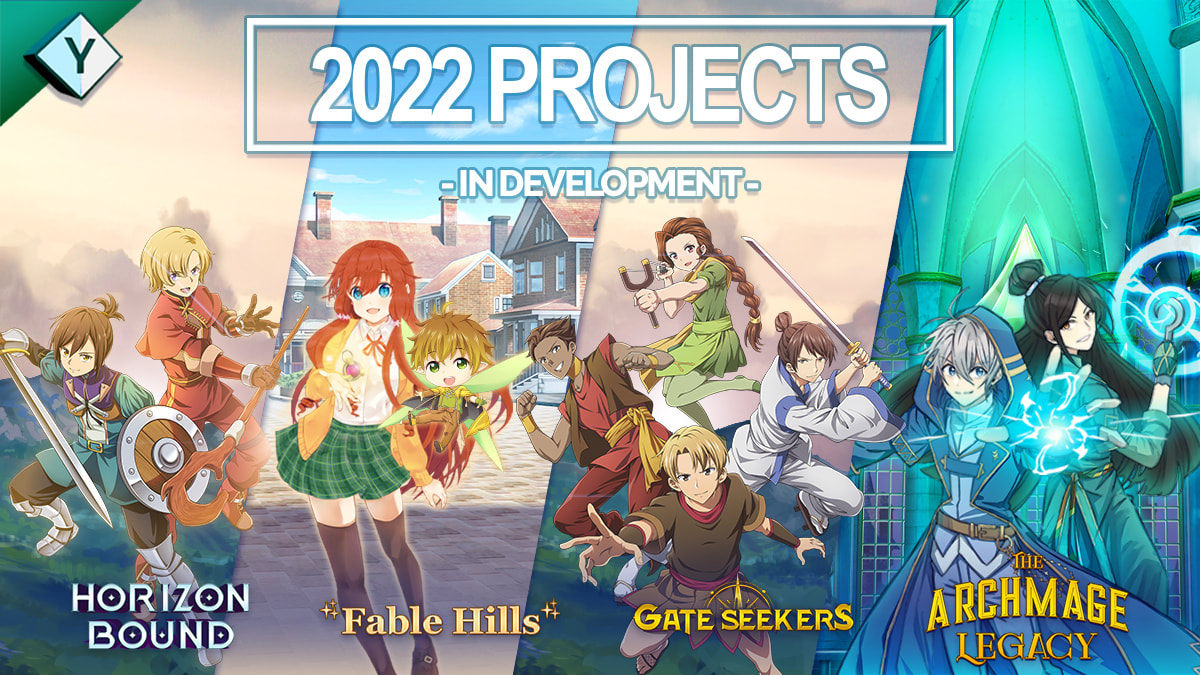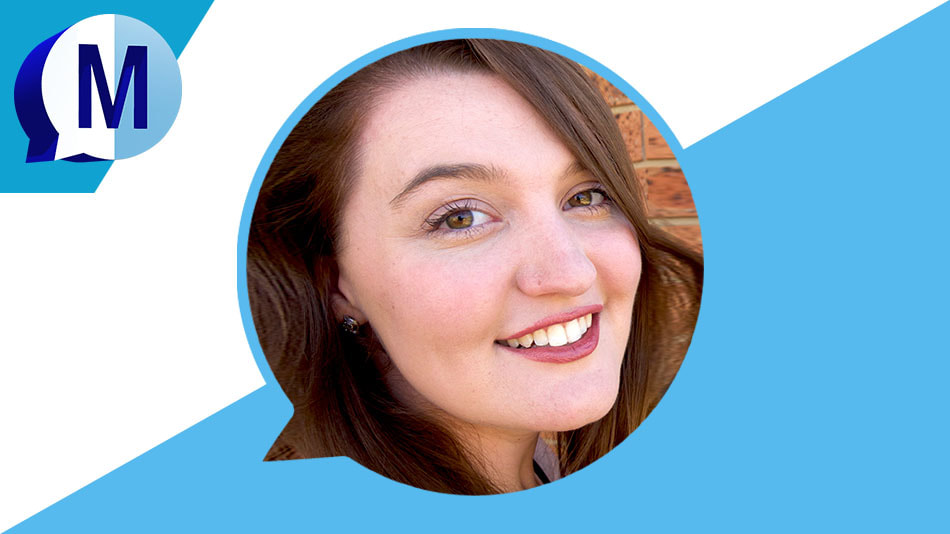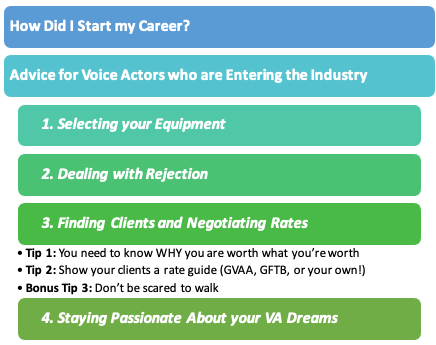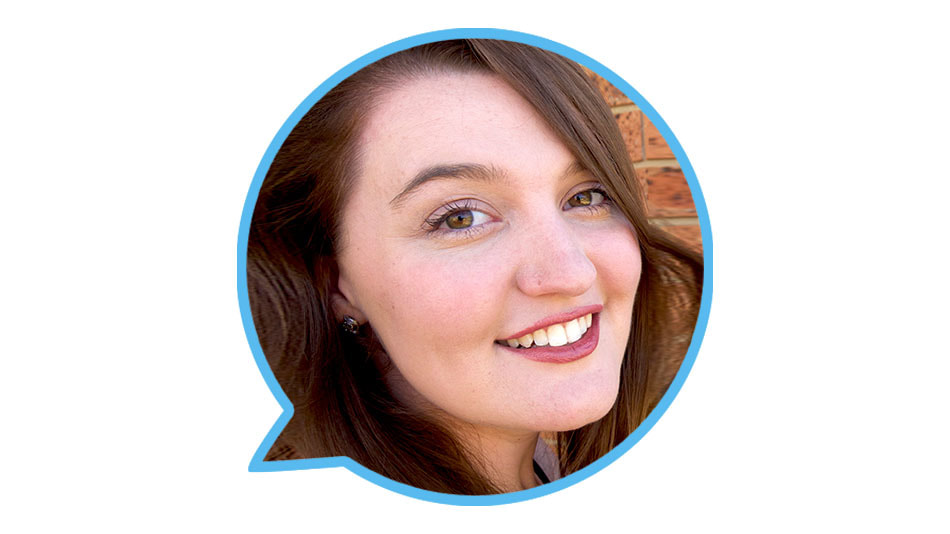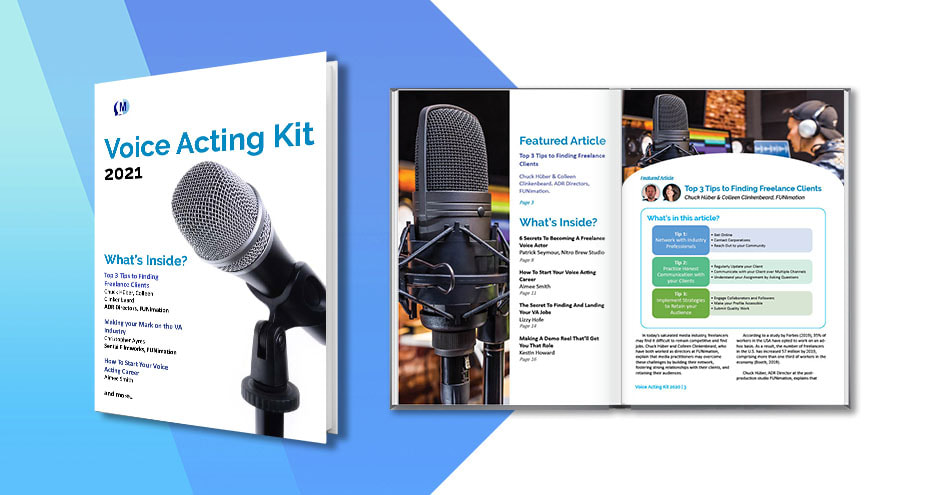|
Aimee Smith, a full-time Australian voice actress, has gone on to voice for over 100 video game characters. She has worked on Freedom Planet (Milla), Mobile Legends (Freya), Crush Crush (Tessa, Sirina) and Battlerite (Alysia).
Aimee shares about how she began her VA journey, and answers the biggest questions that voice actors may ask at the beginning of their careers. What’s in this Article?
How Did I Start my VA Career?
My journey started out much the same as others I know who are doing voice acting today. I did plays in school, engaged in musical theatre performances with my local theatre, and was an extra in a TV show (that I don’t believe ever aired!). Here’s where my journey was a little different: I didn’t actually LIKE my experience with screen. This puzzled me, because, the unspoken dream was to be an actor, but I didn’t get that ‘pull’ that I thought I’d feel when I was there. So I kept doing stage, until I began going to university in 2014 to study to be a primary school teacher, and realised I couldn’t keep up with my 2-3 days a week of rehearsals, and hated the idea of leaving a creative endeavour behind. This led me to the Google search: “Types of acting.” Stage - Screen - Voice? I soaked up as much information as I could about a medium I’d never once considered before, started auditioning on the Voice Acting Club and Voice Acting Alliance and I finally felt the ‘pull’ as everything I loved about acting started to click into place. I started my little hobby back in 2011, so I wouldn’t say I started my ‘career’ until 2016 when I had come back to Australia after recording Freedom Planet II in the U.S. This sounds crazy, but before that year, I had never even called myself a Voice Actor to anyone. What’s even crazier, is at that point I still had a heap of released mobile and steam games in my portfolio! I would say things like “I do voice acting” or “I’m a teacher” or “I’m a semi-professional voice actor” all the time - and what does that even mean!? I hadn’t realised I was looking for permission to give myself the title, until Dawn Bennett had introduced me as a Voice Actor to people she knew. That was a huge challenge I hadn’t even realised existed for me, however as soon as I gave myself the permission to just BE, I WAS. Advice for Voice Actors who are Entering the Industry Selecting your Equipment The great thing with the character world is that there is so much opportunity to PLAY! Learn what your bookable vocal types are, learn microphone placement, learn how to conduct basic editing your recordings, etc. If you’re just starting out, don’t make your focus purchasing the top-of-the-line equipment. A USB microphone works just fine (I started on a Samson C03U USB microphone), but really take the time to treat your environment! As you book more while working your day job, reinvest that money into upgrading your equipment (I’m currently using a Neumann TLM103, Scarlett 2i2 interface) when you’re sure this is something you’d like to turn into a business. After all, I thought I wanted to be a screen actor until I’d actually lived a weekend in their shoes! Dealing with Rejection Thankfully most of the time rejection emulates radio silence. It used to impact me quite a lot in the beginning, as I would consistently check my emails, find it difficult to go to sleep and kept saying things like “If I got this role, it would open a new chapter of the job for me.” Becoming better with dealing with rejection was a positive implication of throwing myself whole-heartedly into the craft. Auditioning multiple times a day, every day, to the point where when you DO book a gig, you have to ask yourself “what was this for again?” With time, the initial novelty of booking work wears off - of course there are certain gigs that still give you a sense of giddiness like when you first started out, but in the end some of the novelty does fizzle away as booking work does – sadly and rightfully so – becomes just another job! Finding Clients and Negotiating Rates I had no idea that I would come to love different forms of marketing and rate negotiation almost as much as actually recording in the booth! Potential leads are everywhere. They are at the conventions and conferences you attend, pop up in google searches, P2P sites, F2P sites, cold emailing, social media, etc. I know a lot of voice talents hate negotiating their rates, but this is actually something I thoroughly enjoy doing! Tip 1: You need to know WHY you are worth what you’re worth I’m noticing a lot of voice actors don’t understand why their rates are high. If you can’t articulate and break down those costs for a client because you can’t understand them yourself, why would a client pay it? Tip 2: Show your clients a rate guide (GVAA, GFTB, or your own!) I’ve found it’s harder to negotiate with a document. It’s also useful when you working in the indie game space, so if you have an indie consideration on your rate guide, they can see that their rate is a COURTESY and that you had the foresight to think of them ahead of time too. Bonus Tip 3: Don’t be scared to walk from an offer you feel you will later come to regret due to low rates. Staying Passionate About your VA Dreams First and foremost, Love your craft. When somebody asks why you want to do this as a career, don’t say because it’s for fame, or for riches, or because you’re a benefit to the industry with your 100 impressions. Not everyone becomes famous, not everyone becomes rich, and not everyone gets to be the official voice match for one of the impressions they studied, and that can be incredibly disheartening if these are your core goals. There are going to be so many days where you don’t book work, weeks that are in stark financial contrast to the previous week and times where you look over your journey and just don’t feel like you measure up to the image you conjured in your head or comparatively to someone else’s journey. What you do during these moments define the success of your career. Do you up and quit? Do you push past and record more auditions? Do you upskill or update your materials (coaching/new demo/reading articles/engage in more email marketing/update your website)? It’s not just a marathon on flat ground as some may suggest. Imagine you’re conducting the marathon on a rollercoaster track, and man, when it’s just you and HOWEVER YOU FEEL ABOUT THE JOB in that little padded room, you’re going to want to make sure you 100% love your craft as some of your initial expectations fade away in order to stay hopeful and focused. You’ve got this! about the contributor
VA DirectoryWant to try out for more characters? Leave your demo on our site, and we'll contact you if there's a role you're suited for.
0 Comments
Leave a Reply. |

